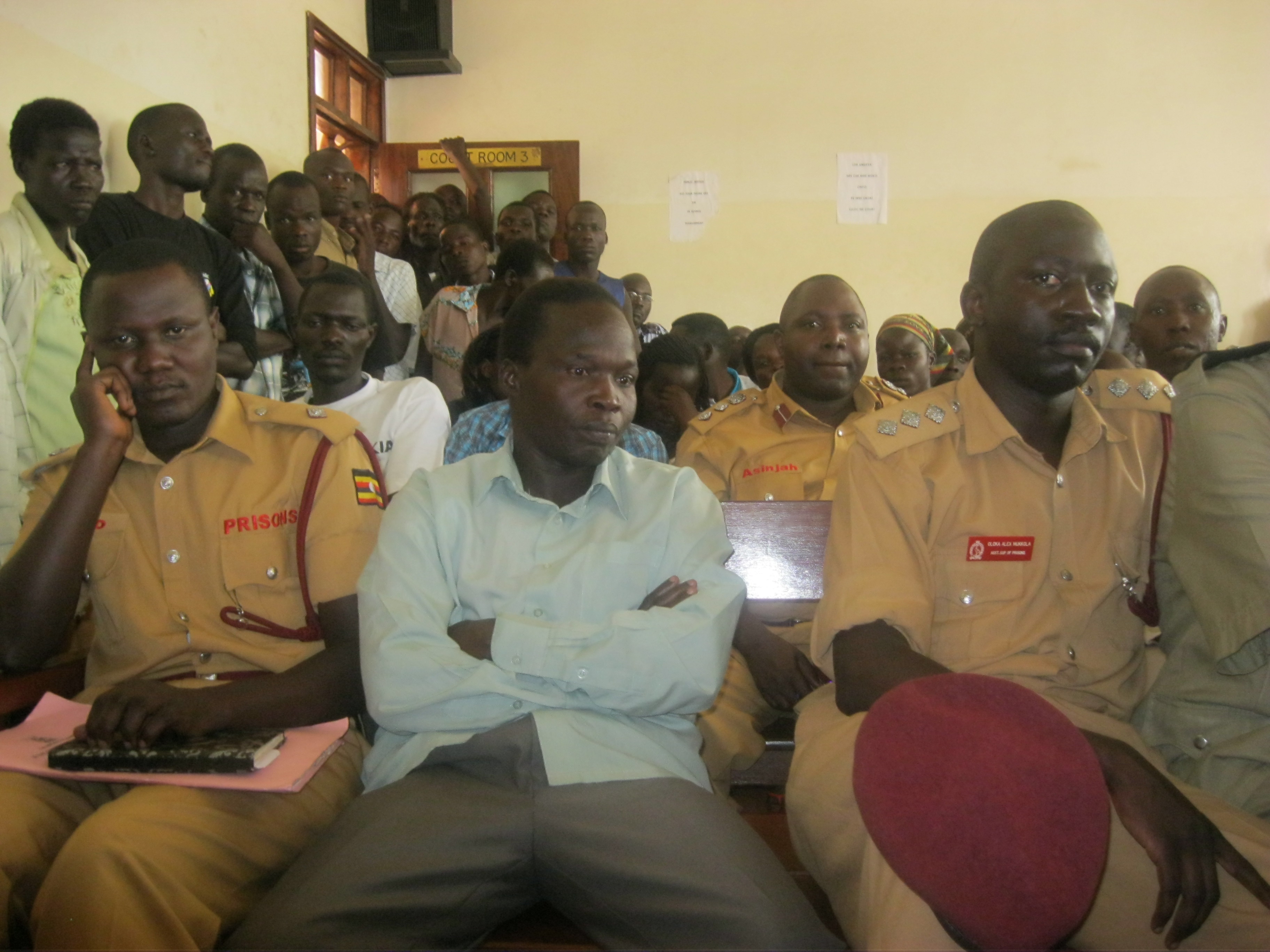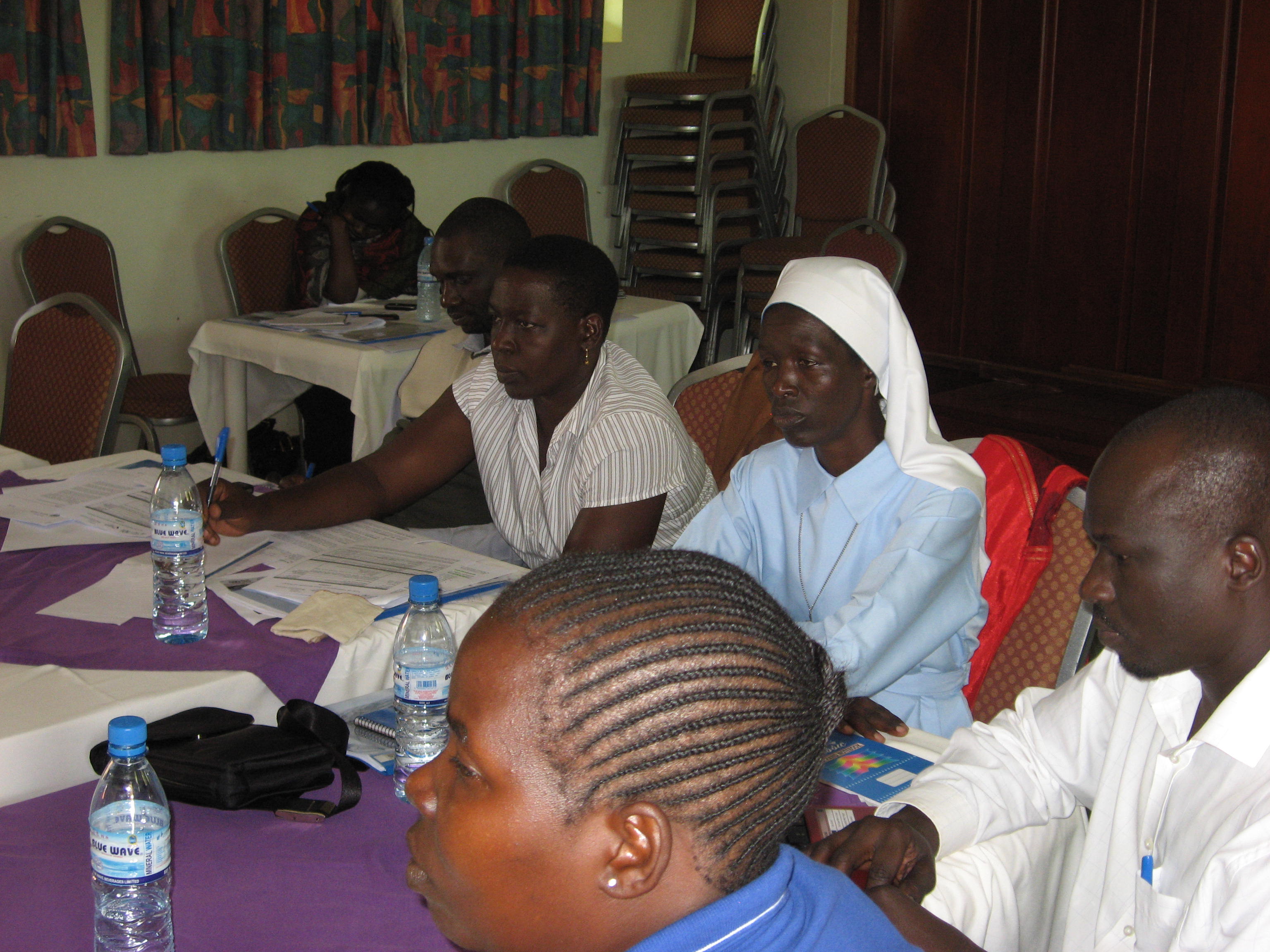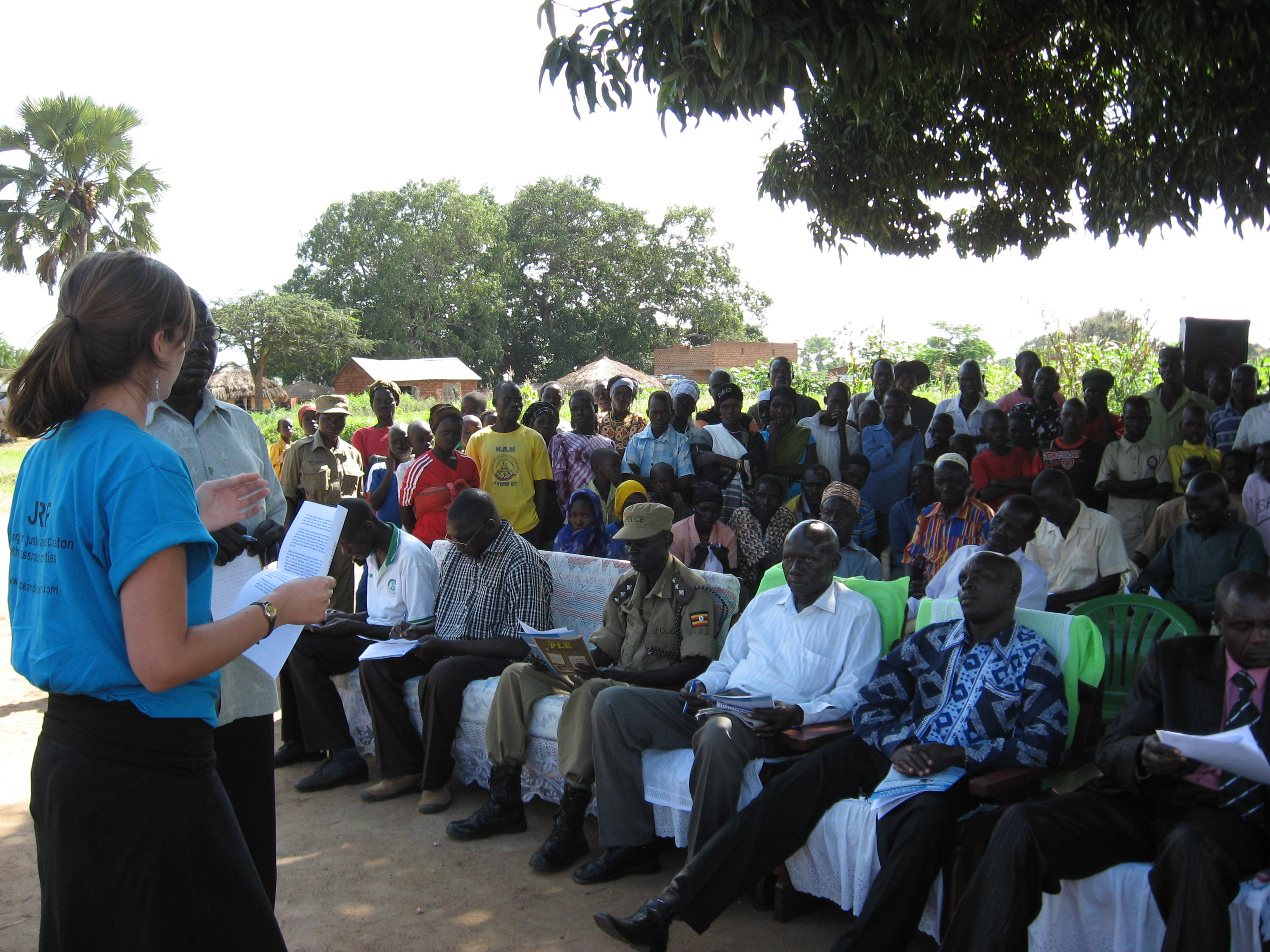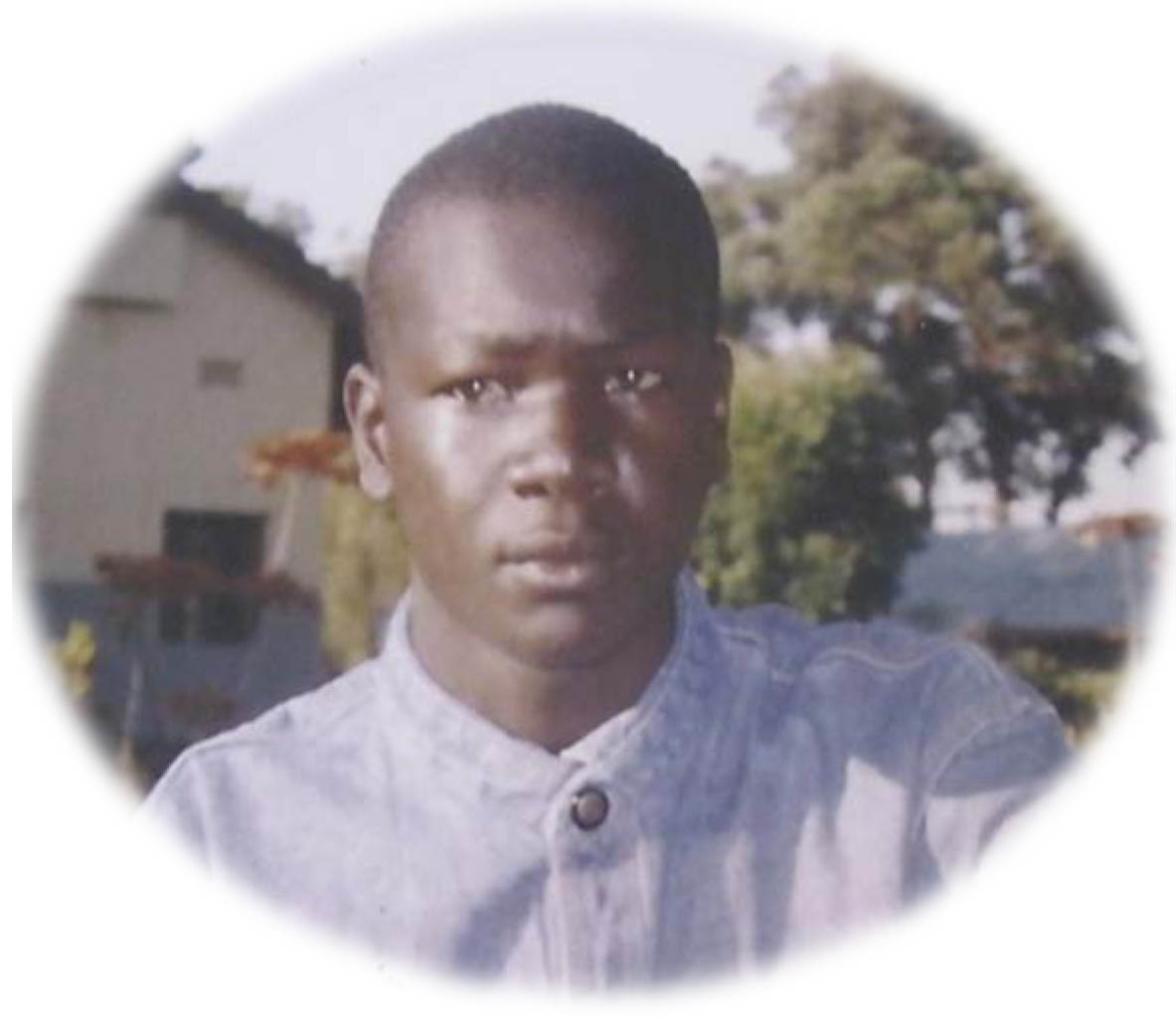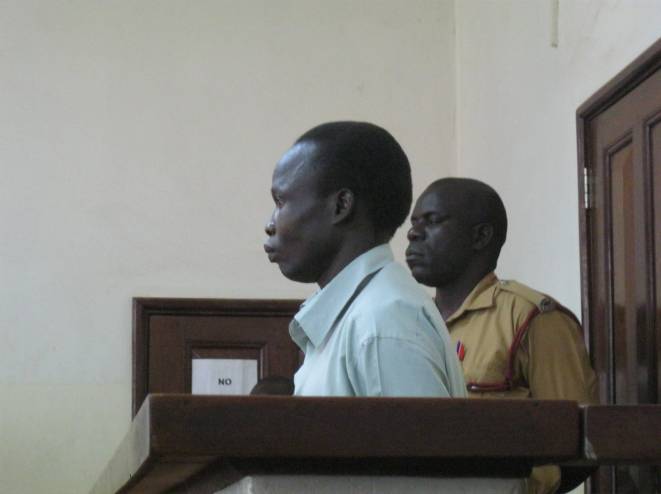
Moving Forward: Thomas Kwoyelo and the Quest for Justice
A Rapid Situational Analysis on Perceptions and Opinions for the Way Forward
Read the full analysis here.
Having been charged with 12 substantive counts and 53 alternative counts of war crimes and crimes against humanity, Colonel Thomas Kwoyelo became the first Lord’s Resistance Army (LRA) commander to be charged before Uganda’s International Crimes Division (ICD), which held its first hearings on 11 July 2011. However, on 22 September 2011, Uganda’s Constitutional Court ruled that Colonel Thomas Kwoyelo was entitled to amnesty in line with Uganda’s Amnesty Act of 2000, and ordered his immediate release. This ruling was re-enforced by a Court of Appeal ruling on 10 November 2011 following an appeal to stay his release by the Attorney General. On 11 November 2011, the ICD ceased his trial but referred his release to the Directorate of Public Prosecutions (DPP) and the Amnesty Commission.
While his release is expected soon, questions remain hanging on what should happen to him following his release, and how he should be reintegrated into the community. With this in mind, the Justice and Reconciliation Project (JRP) carried out a rapid situational analysis from 4-8 November 2011 in Pabo sub-county (Amuru district) and Gulu town to gauge the perceptions and opinions regarding the way forward for Thomas Kwoyelo, and what should happen to him in the event that he is released. We spoke with 33 respondents, including local leaders, religious leaders, victims, formerly-abducted persons, and residents of Pabo town, along with members of Kwoyelo’s family and civil society organizations in Gulu town.
The analysis revealed that the situation on the ground, and more specifically in his home area of Pabo, is highly volatile and unpredictable, and opinions regarding his reintegration into the community are widely varied. Furthermore, many of Pabo’s residents – including his family members – feel unprepared, uninformed and confused about how to proceed. This situational analysis presents these perceptions concerning the Constitutional Court ruling and makes recommendations for Kwoyelo’s rehabilitation and reintegration in the event that he is released.
Read the full analysis here.
